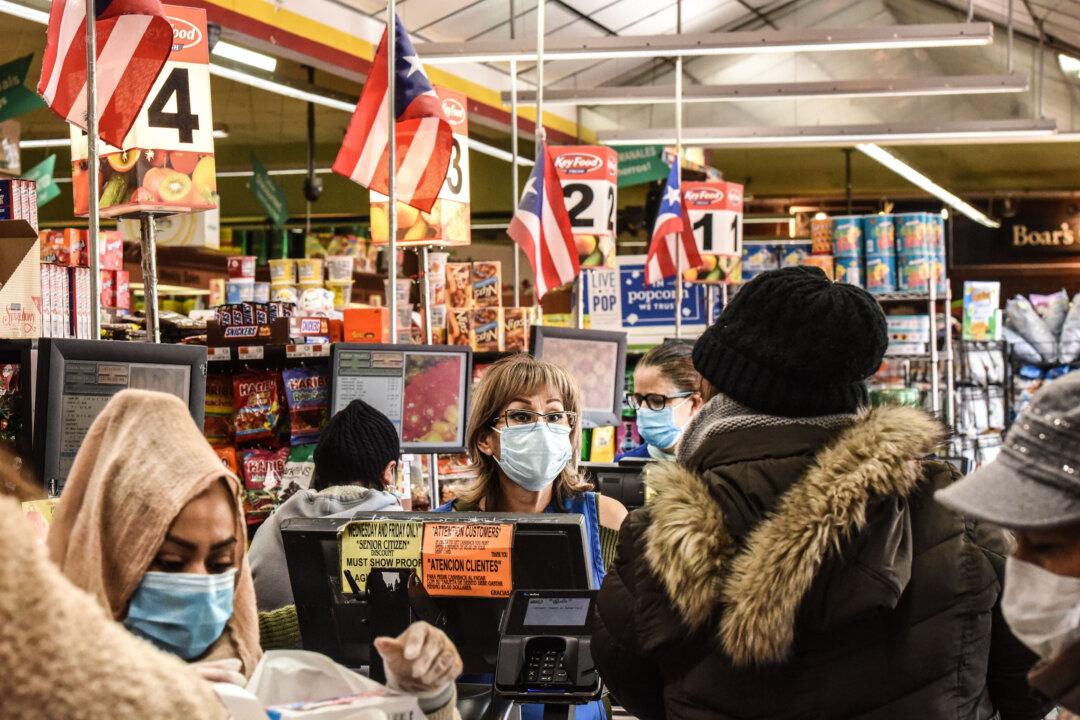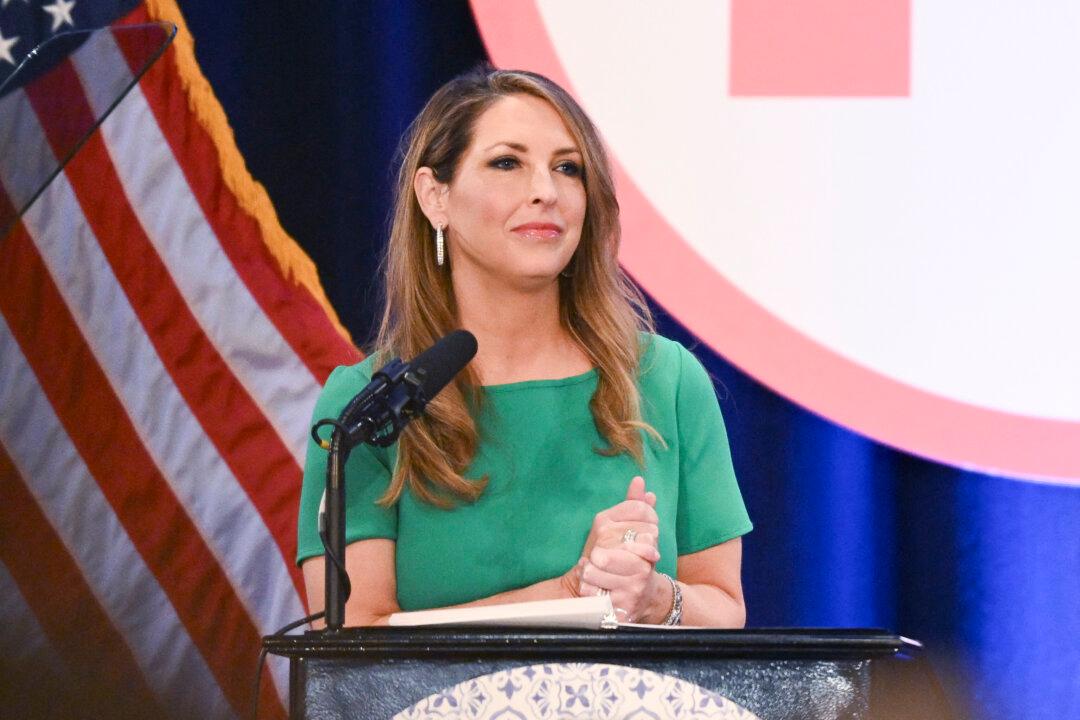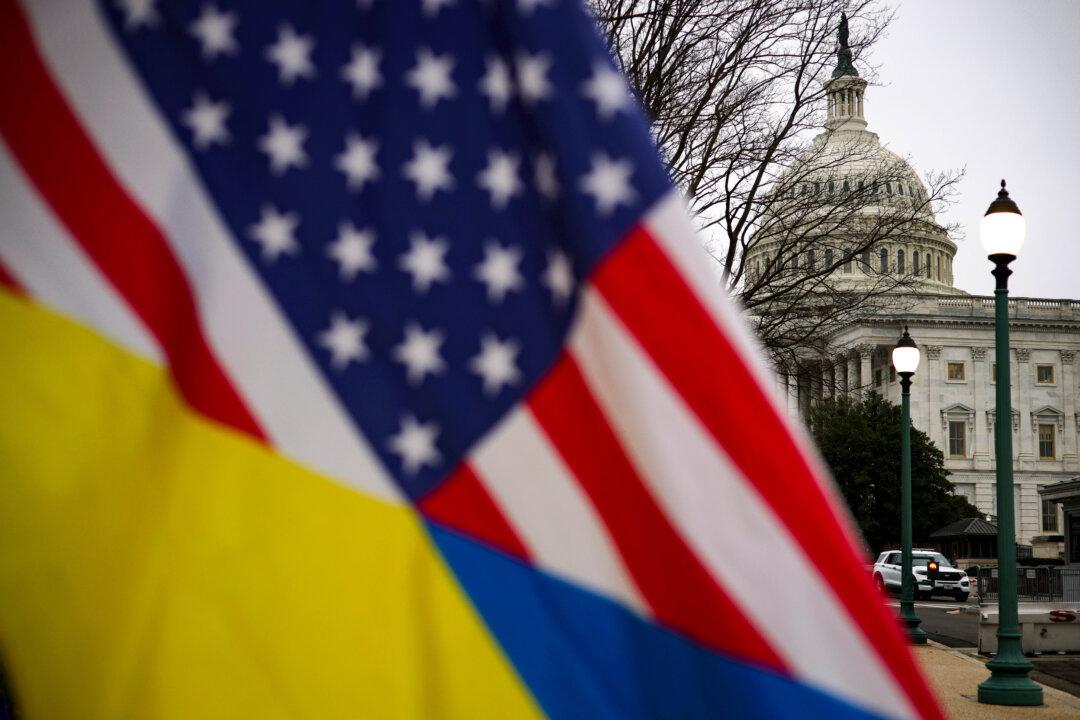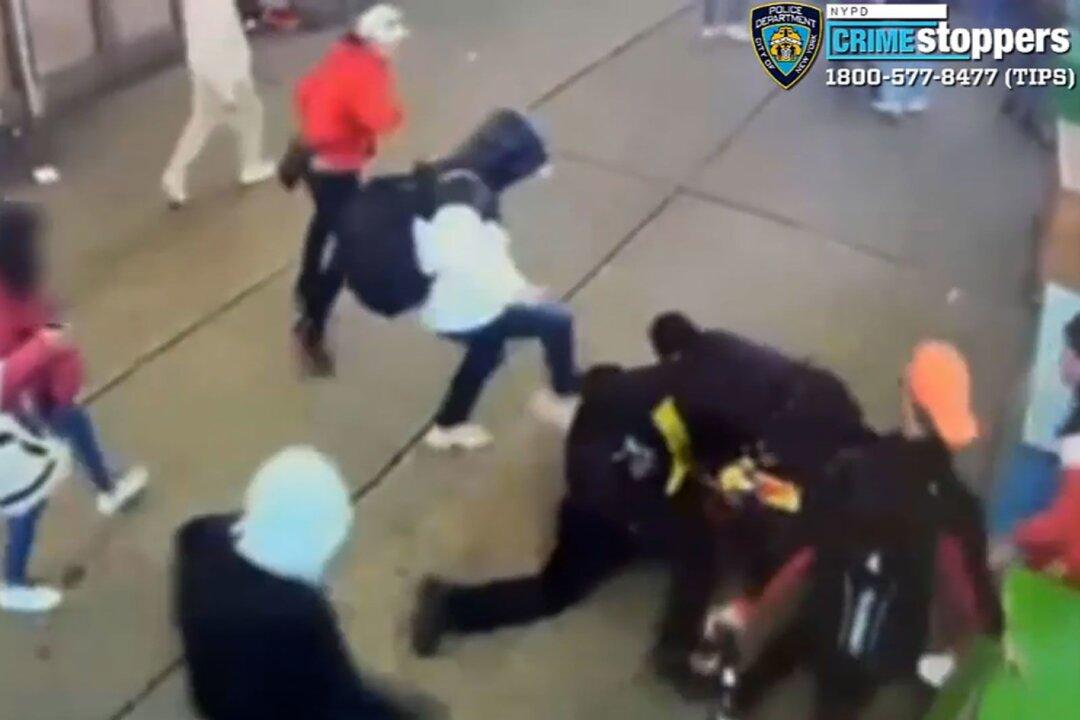The U.S. Centers for Disease Control and Prevention (CDC) on Friday recommended that Americans should start to wear cloth face coverings in public settings.
The CDC’s suggestions come after new evidence showed that patients with COVID-19—the disease caused by the Chinese Communist Party (CCP) virus—could spread the virus before showing any symptoms.





